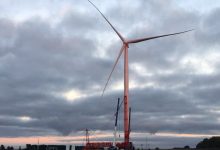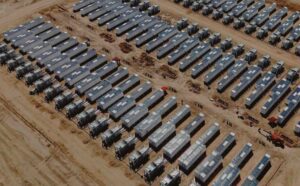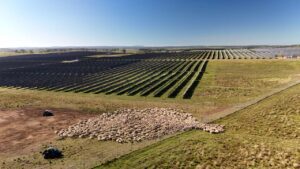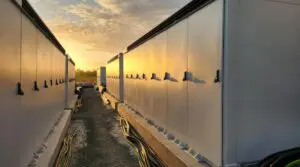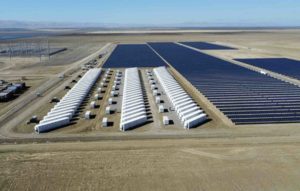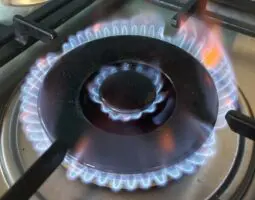The Clean Energy Council says a set of restrictive and unexpected planning conditions imposed on a wind and big battery project proposed for Victoria will set “a disastrous precedent” for future renewables development in the state.
Victorian planning minister Sonya Kilkenny last week gave the go ahead for the 350MW Willatook wind farm, being developed by Wind Prospect with support from Engie north of Port Fairy – but with a set of conditions the CEC says are “simply not workable.”
The minister ruled in favour of a five month moratorium on construction of the project, which also proposes to install a 200MW/400MWh battery, to accommodate for the Brolga breeding season from July to November.
The approval also recommends the increase of turbine-free buffers for Brolga and Southern Bent-wing Bat and mapping of revised buffers, before amended development plans are submitted for approval.
The CEC’s director of energy generation and storage, Dr Nicholas Aberle, says the decision relies on draft brolga standards that are yet to be finalised or approved by government, and on European standards developed for European bats.
“The arbitrary requirement for a five-month window in which construction is not allowed to proceed has been imposed without being evaluated through an already time-intensive Environmental Effects Statement process,” Aberle said on Friday.
“This is not supported by evidence and is simply not workable in practice for any wind farm.”
The planning decision has also been slammed by Wind Prospect’s managing director in Australia, Ben Purcell, who told the Financial Review on Friday that this sort of pause in construction “just can’t happen.”
“This is not just a Willatook wind farm issue; if you apply these buffers to other projects it is hugely problematic,” he told the AFR.
“This is a much bigger policy issue – does the government actually want to meet their targets? Do they actually want to mitigate climate change?”
The shock planning conditions come as the wind industry warns that significant headwinds, including rising project costs and supply chain and labour shortages, are taking a long-term toll on Australia’s renewable energy progress – particularly on investment in new wind energy projects.
Developers have been warning since 2021 that it’s harder than ever to build new wind farms in Australia, and the latest stats on the state of Australian renewables revealed that no new generation projects reached financial close in the first quarter of this year.
Aberle says unpredictability from planning processes adds another unnecessary risk for investors, that will affect decisions to support future project development, particularly when other jurisdictions – like the US – are acting to expedite their renewable energy approvals processes.
“Industry are conscious of the importance of minimising the environmental impacts of clean energy projects, but without reform to approvals processes for these projects, we cannot effectively address the climate crisis that is threatening every single species and ecosystem on the planet,” he said.
“The Clean Energy Council are in ongoing discussions with the Victorian government to discuss how these challenges can be solved, so that this unfortunate outcome does not occur again, with little or no forewarning.”

